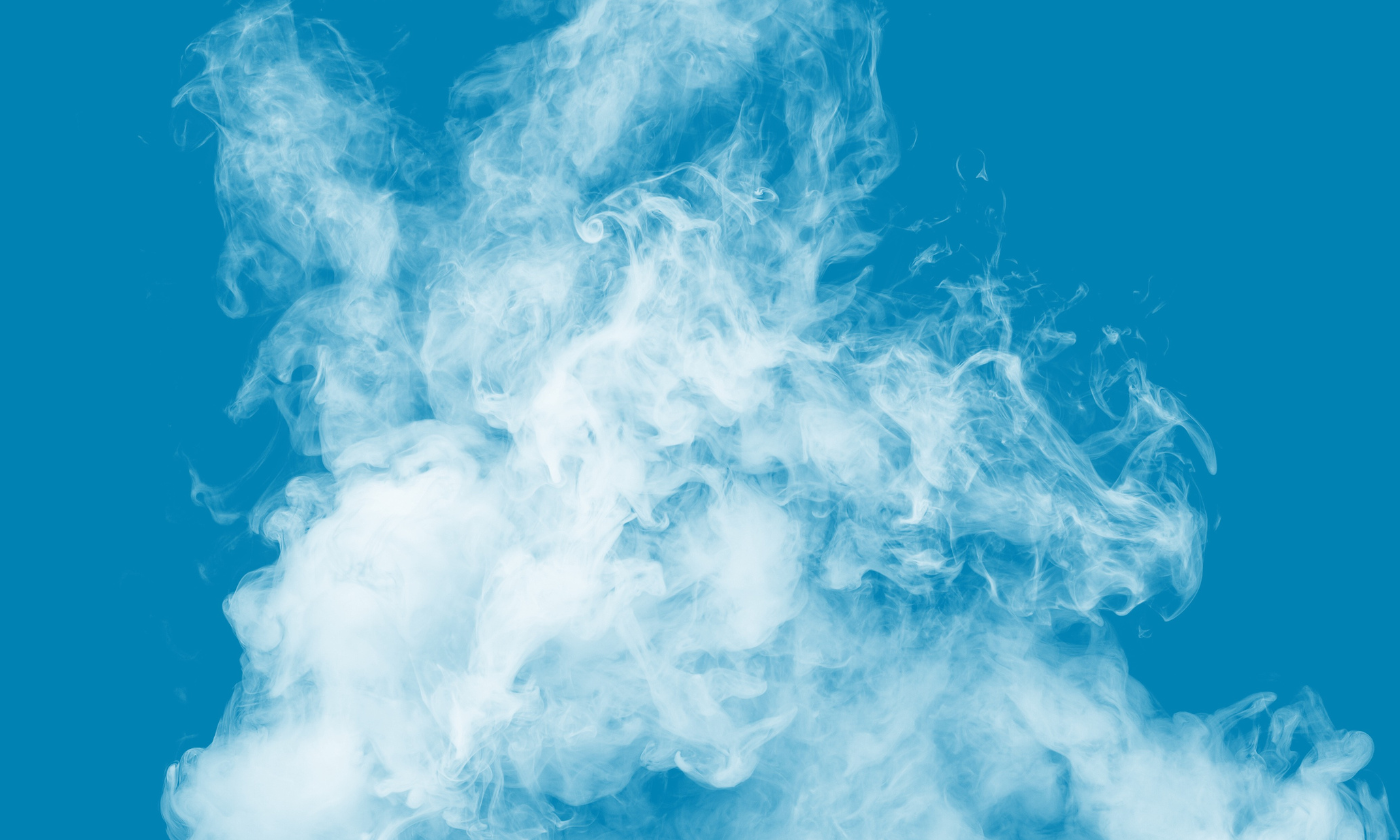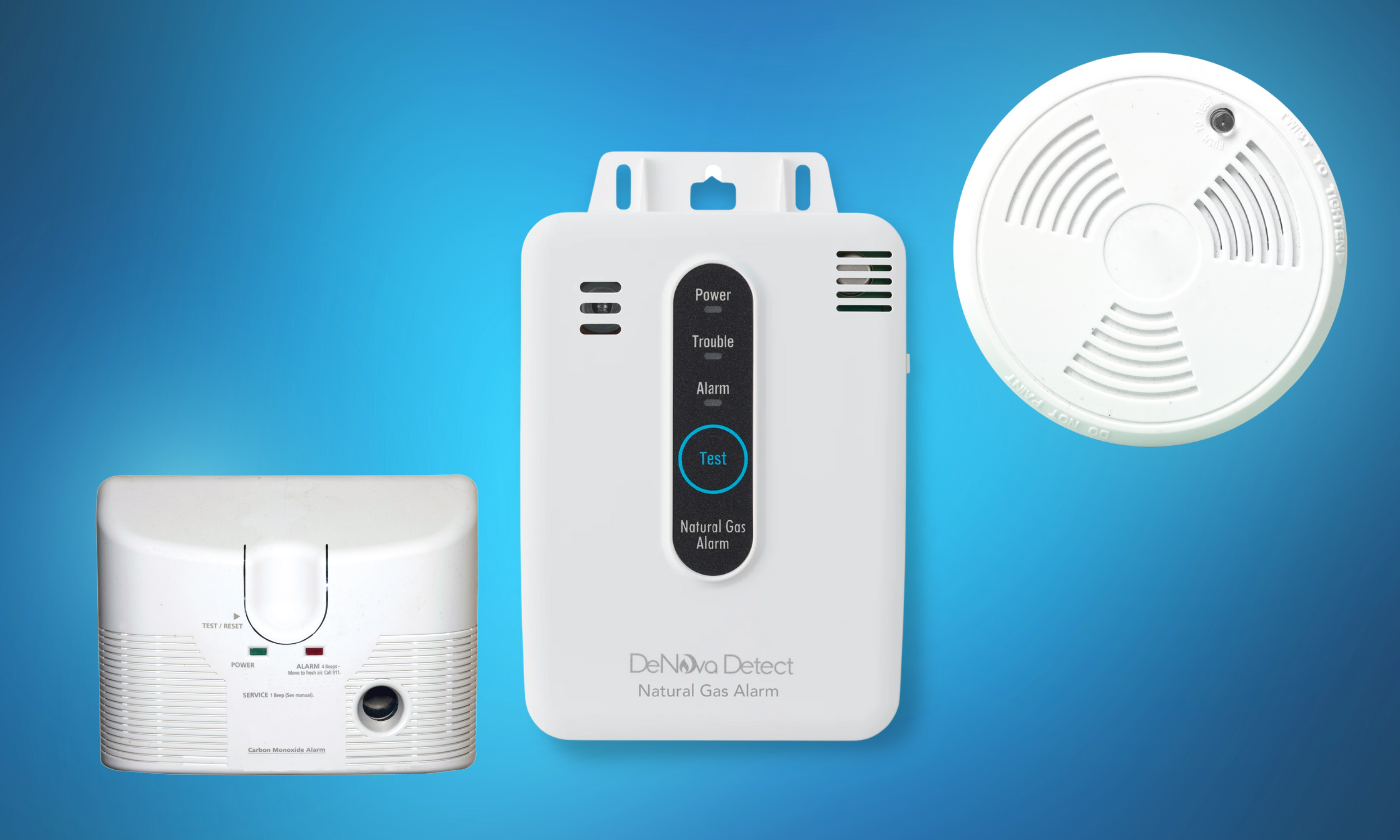自宅の防犯対策を購入する際は、自分の決断に自信を持ちたいものです。そのため、天然ガス検知器などの機器が正常に動作していない場合、住宅所有者は問題が何なのかを理解する前に、誤った安心感を抱くことがあります。
このため、欠陥のある、または認証されていない天然ガス警報器は、さらに危険になります。
検知器の状態を知らないと、危険な状況に陥る可能性があります。天然ガス漏れは、あなたやあなたの大切な人、ペットを危険な状況にさらす可能性があります。欠陥のある検知器は、ガスレベルが安全限度を超えても警報を鳴らしたり警告を発したりしない可能性があります。天然ガス検知器が信頼できない理由はいくつかあります。
天然ガスの家庭用検知器が作動しない理由
全国的に認められた試験機関の認定とメーカーからの明確な保証がなければ、一部の警報器は長持ちせず、性能と耐久性の業界標準を満たさない可能性があります。検索中に適切なスマート天然ガス検知器を選択するには、十分に注意する必要があります。老朽化した天然ガス検知器や、特定の温度と湿度条件にさらされた検知器は、通常の家庭用洗浄液にさらされると、正常に動作しなくなったり、誤報を発したりする場合があります。
天然ガス検知器が故障する原因となるその他の要因としては、以下のものが挙げられます。
- 湿気:検出器のセンサーに結露が蓄積して故障の原因となることがあります。湿気やその他の液体は、ガス蒸気がセンサー室に入るのを妨げ、検知を妨げ、数日以内に天然ガス検出器を損傷する可能性があります。警報器は湿度の高い場所に置かないようにしてください。ユーザー マニュアルに記載されている温度と湿度の指示に必ず従ってください。
- ガスへの暴露:非常に高い濃度は、センサーのガス測定能力を損ない、警報器の保証が無効になることがあります。警報器を天然ガスにさらしてテストしないでください。これは非常に危険です。警報器のテスト ボタンは、実際に唯一の較正されたテスト方法です。
- ユーザー エラー:適切な天然ガス家庭用検知器の調査を怠らないでください。基本的な製品機能のない安価なアラームを選択すると、危険なエラーが発生する可能性があります。不適切な取り付けも、アラームの精度と効果に影響を与える可能性があります。ユーザー マニュアルをよく読み、使用前に製造元に問い合わせて質問してください。
- 温度の影響:天然ガス漏れ検知器を極端に寒い環境や暑い環境に保管すると、センサーの正確な測定能力に影響する可能性があります。理想的には、天然ガス検知器は埃や汚れの多い場所、または有機溶剤やシリコン蒸気が存在する場所に設置しないでください。また、32°F (0°C) を下回る温度や 122°F (50°C) を超える温度にさらさないでください。
- センサーの化学中毒:センサーは、センサー チャンバーに吸収された他のガスによって中毒になり、センサー自体と反応することがあります。特定の可燃性ガス センサーは、シリコン ベースの化合物や空気中の洗浄剤、または一般的な家庭用化学薬品によって中毒になり、センサーが機能しなくなることがあります。硫黄化合物や塩素化合物などの他の物質は、天然ガスに対するセンサーの反応を阻害し、感度を低下させることがあります。特定の天然ガス警報器のフィルタリング システムは、干渉ガスの影響を軽減します。
天然ガス漏れ警報器を購入したら、次のステップはそれをテストすることです。
天然ガス警報器をテストする
天然ガス警報器を定期的にテストして、安全を確保し、警報器が正しく機能していることを確認してください。定期的なテストとクリーニングについては、ユーザー ガイドの指示に従ってください。
安価なガス警報器はULまたはETLに登録されていない可能性があります
- UL 1484 規格への準拠: UL 1484規格を満たすには、天然ガス検知器は非常に具体的で厳格なテスト要件に合格する必要があります。高低範囲の検知感度テスト、誤報耐性、バッテリー性能、腐食など、ほんの一例です。オンラインで販売されている非常に安価な天然ガス検知器には、UL または ETL 認証マークが付いていないことがよくあります。機関の承認を得るために、信頼できるメーカーは数か月に及ぶテストと費用をかけて、適切な認証を取得した高品質のアラームを市場に投入しています。安心して、危険なガス漏れが発生したときにガス漏れ検知器が早期警告アラームを鳴らすようにするには、テストに合格し、必要な安全基準を満たしていることを示す UL または ETL 登録マークを探してください。
問題が手に負えなくなる前に対処するためには、天然ガス漏れを迅速に検知することが重要です。ガス検知器は天然ガス漏れからあなたの安全を確保する必要があるため、購入の決定は重要なものとなります。
DeNova Detect は、一般的な天然ガス警報器ではありません。米国で販売されているこの 100%バッテリー駆動のガス検知器は、UL 1484 規格の ETL 認定を受けており、モデルに応じて 7 ~ 10 年の寿命が保証されています。DeNova Detect の高度なセンサー技術は、他の検知器よりも 11 分早く天然ガス漏れを警告し、ご家庭とご家族の安全を確保します。24 時間保護により、天然ガス機器の状態や危険な天然ガス漏れについて心配する必要はありません。





コメントを書く
このサイトはhCaptchaによって保護されており、hCaptchaプライバシーポリシーおよび利用規約が適用されます。